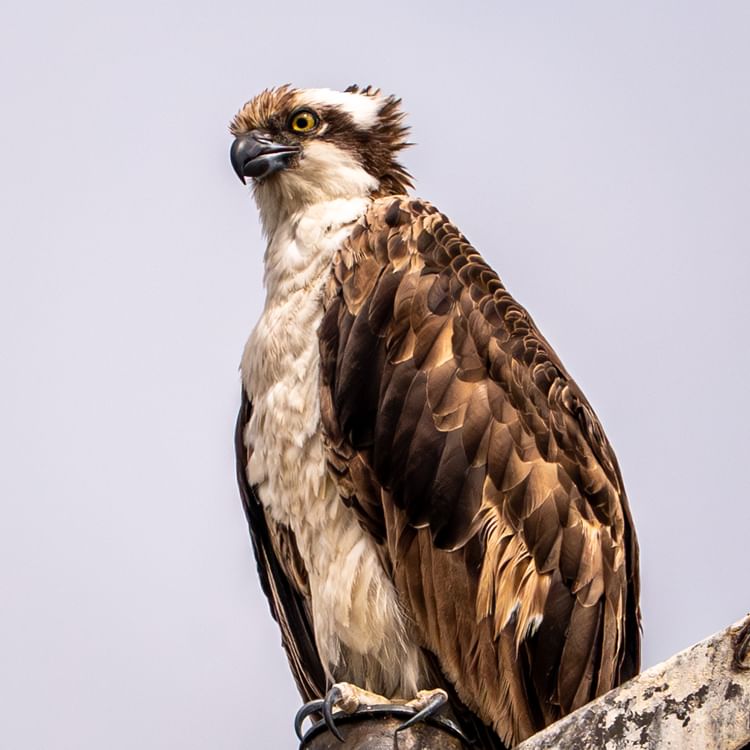Summary:
1. Ospreys do not need water as their fishy diet provides hydration.
2. Ospreys can be found on every continent except Antarctica.
3. Ospreys have incredible hunting skills and unique adaptations.
4. Ospreys build large nests in tall structures.
5. Conservation efforts are vital to ensure the survival of osprey populations worldwide.
Did you know that ospreys, those magnificent birds of prey, have some truly fascinating attributes? From their remarkable hunting skills to their ability to survive without drinking water, ospreys are true marvels of nature. Join me on a journey as we explore these magnificent birds’ unique and captivating aspects!
First and foremost, let’s dive into the fact that ospreys don’t need to drink water. Unlike other birds, whose lives depend on finding freshwater sources, ospreys have an ingenious solution up their wings. Their fishy diet provides all the hydration they need! Flying high above lakes, rivers, and oceans, ospreys acquire most of their water intake by consuming fish, which are abundant in these habitats. Isn’t nature incredible? It has equipped these majestic birds with adaptations that defy our expectations.
Speaking of their diet, ospreys are expert fishermen. Equipped with sharp talons and keen eyesight, they can spot their prey from incredible heights. Once they spot a fish swimming near the water’s surface, they hover briefly before diving down with tremendous speed and accuracy. Their powerful talons lock onto their slippery prey, and with a swift motion, they lift out of the water, ready to enjoy their well-earned meal. This hunting technique demonstrates the agility and precision of these phenomenal birds.
Now, let’s explore the global distribution of ospreys. You might be surprised to learn they can be found everywhere except Antarctica. From North and South America to Europe, Africa, Asia, and Australia, ospreys have successfully expanded their habitats across the globe. Their adaptability to various environments is a testament to their survival skills. Whether nesting on cliffs, trees, or man-made structures, ospreys have found a way to thrive in diverse landscapes.
Speaking of nesting, ospreys construct some of the most impressive bird nests in the animal kingdom. These nests are massive and built with sticks and other natural materials. Their preferred location sets them apart – ospreys often choose tall structures such as dead trees, utility poles, or even human-made constructions like cell phone towers or rooftops. Nature does not discriminate when finding the perfect spot to raise their young. These nests can grow to tremendous sizes, weighing hundreds of pounds! Can you imagine the effort and precision required to build such a colossal home?
Despite these extraordinary traits and survival mechanisms, ospreys face challenges in an ever-changing world. Human activities, such as habitat destruction and pollution, threaten their populations significantly. Conservation efforts play a vital role in securing the future of these magnificent birds. By protecting and restoring their habitats, promoting responsible fishing practices, and implementing educational programs, we can contribute to the preservation of ospreys and ensure that future generations will continue to marvel at their awe-inspiring presence.
In conclusion, ospreys are genuinely fascinating creatures with many unique attributes. From their ability to survive without drinking water to their incredible hunting skills and global distribution, these birds leave us in awe of the power of nature. Their massive nests and their need for conservation remind us of the delicate balance between human activities and the well-being of wildlife populations. Let’s treasure and protect these magnificent birds and learn from the resilience and adaptability they demonstrate.
*****
Source Description
Did you know that Osprey doesn’t need to drink water? Their fishy diet generally supplies all of the hydration they need! They can also be found on every continent except Antarctica!


